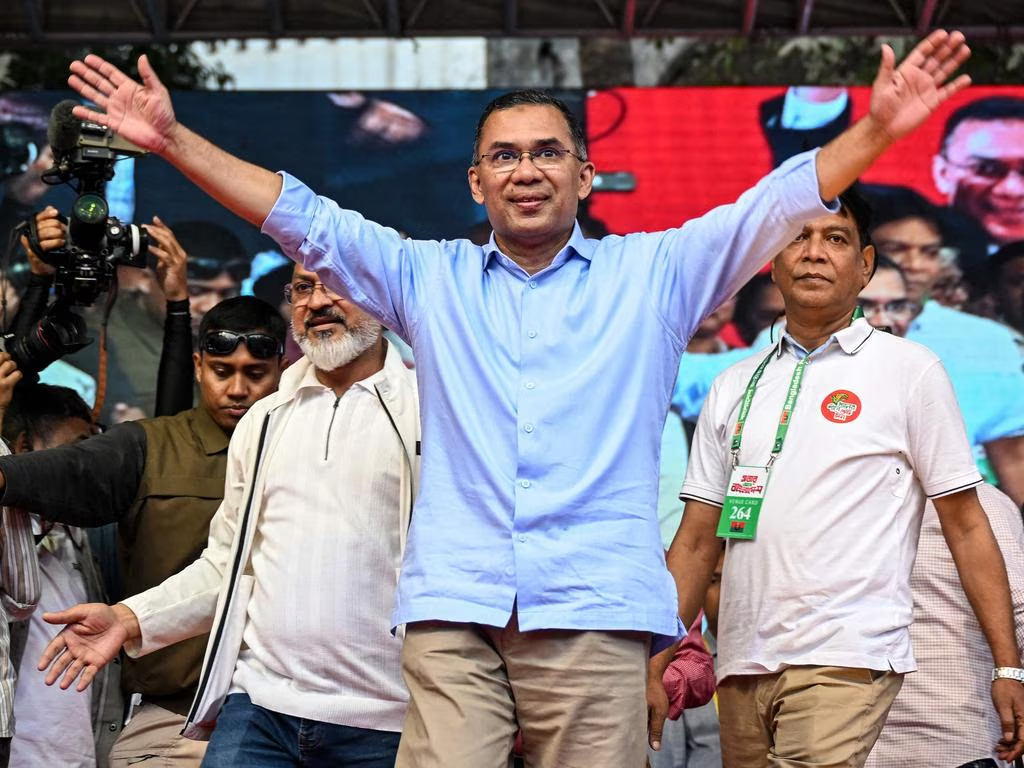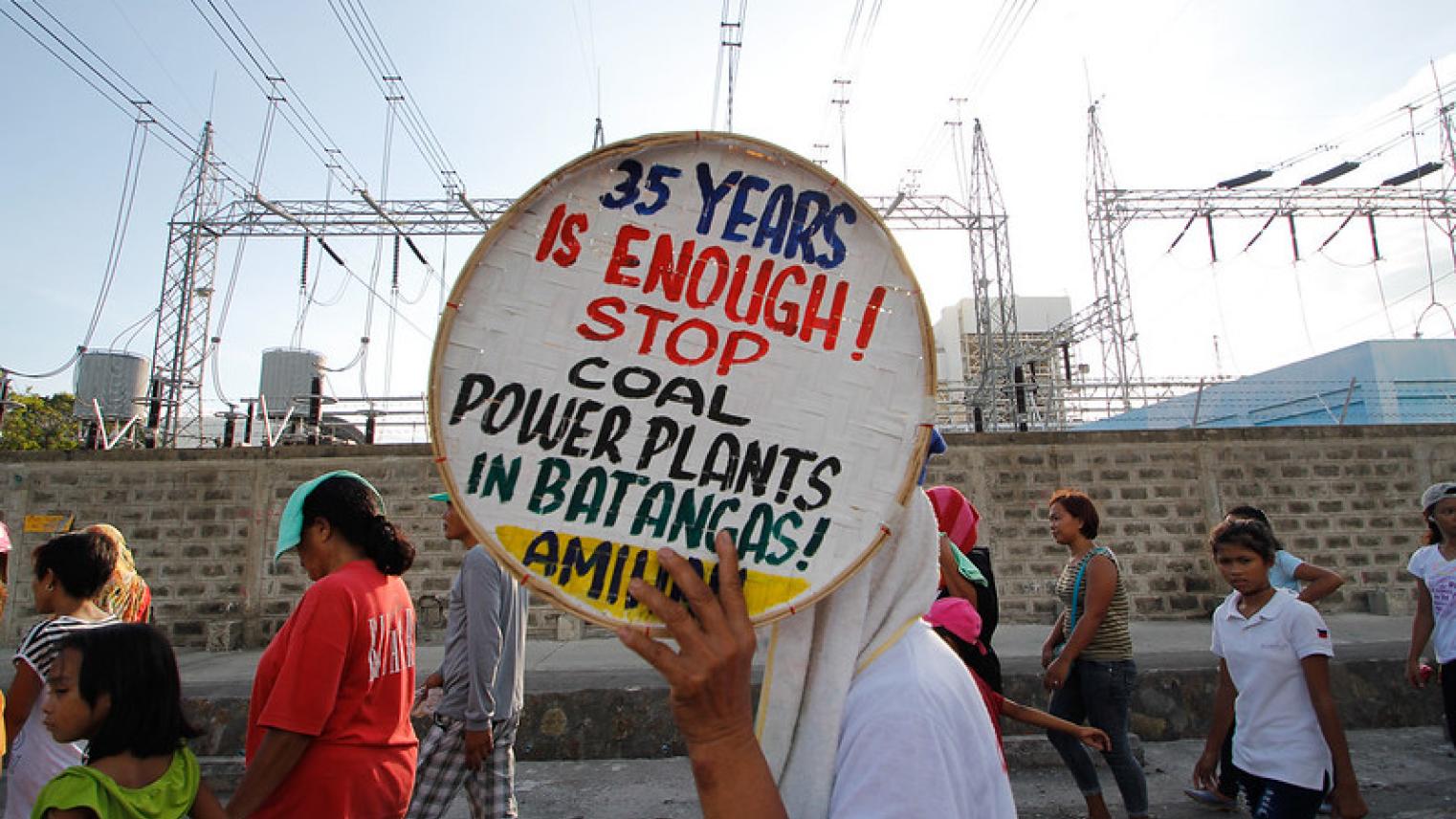Key Impact Points:
- 2,858 individuals trained across 123 tax authorities and key institutions in 2024 under the UNDP Tax for SDGs Initiative.
- $2.4 billion in tax revenue collected through the Tax Inspectors Without Borders (TIWB) programme, with 25 new initiatives launched this year.
- 16 countries conducted new SDG Taxation Framework diagnostics, influencing tax reforms including sugar taxes, carbon pricing, and gender-responsive fiscal policies.
Driving Fiscal Transformation Toward the SDGs
The UNDP’s 2024 Annual Report for the Tax for Sustainable Development Goals (SDGs) Initiative reveals significant advancements in aligning national tax systems with sustainable development priorities across 25 focus countries. The Initiative, supported by Finland and Norway, has become a cornerstone in strengthening domestic resource mobilization amid a $4 trillion global financing gap.
“The story of the Tax for SDGs Initiative is ultimately about transformation—moving from isolated technical interventions to connected reforms,” said UNDP Administrator Achim Steiner.
Building Capacity and Reforming Tax Systems
UNDP’s SDG Taxation Framework (STF) was deployed in all 25 countries, with 16 completing new diagnostics in 2024. These assessments guided reforms such as:
- Zimbabwe’s sugar tax projected to raise $20M for health services.
- Gender-responsive fiscal strategies in Ghana, Nigeria, and Sri Lanka.
- Carbon tax frameworks in Egypt, Tanzania, and Uzbekistan.
“Tax systems that account for gender dimensions not only advance equality but also increase effectiveness,” said Steiner.
A total of 374 officials were directly strengthened through STF, while broader capacity-building reached 2,858 individuals from tax authorities and key ministries.
Expanding Digital Tools and South-South Cooperation
The Initiative also advanced digitalization in tax administration:
- Armenia launched its first Digital Forensic Lab.
- Namibia rolled out e-Tariff and e-Advance Ruling systems.
- Lebanon digitized eight new income tax forms.
These reforms were supported through South-South exchanges, including Uganda assisting Botswana and Kenya supporting Namibia.
Results from Tax Inspectors Without Borders (TIWB)
A joint UNDP-OECD program, TIWB saw substantial growth:
- 25 new programmes launched in 2024, including 6 on tax and criminal investigations.
- $2.4 billion collected and $6.39 billion assessed since inception across 70 jurisdictions.
- Angola, Sri Lanka, and Saint Lucia highlighted as success cases leveraging peer expertise.
“Participating in the TIWB programme has helped us better understand the nexus between gender equality and taxation,” said Mrs. Angel Fadahunsi, FIRS Nigeria.
Influencing Global Discussions
The Initiative ensured developing country perspectives were included in key platforms:
- Provided advisory support during the UN negotiations for a Framework Convention on International Tax Cooperation.
- Hosted the first Global Dialogue on Public Finance and Gender Equality in Istanbul.
- Contributed to the “Elements Paper” for the Fourth International Conference on Financing for Development (FfD4) set for June 2025 in Seville, Spain.
“We need organizations like UNDP to help foster a tax culture of progressivity,” said Mr. Jairo Orlando Villabona, Director of Colombia’s DIAN.
Looking Ahead
As the world prepares for FfD4, the Initiative will continue scaling reforms and partnerships to integrate taxation more deeply into sustainable development finance systems.
“The Fourth International Conference on Financing for Development in Seville offers a crucial opportunity to reform the global financial architecture,” the report states.
Read the Full ‘Tax for SDGs’ Report:

 Follow SDG News on LinkedIn
Follow SDG News on LinkedIn











